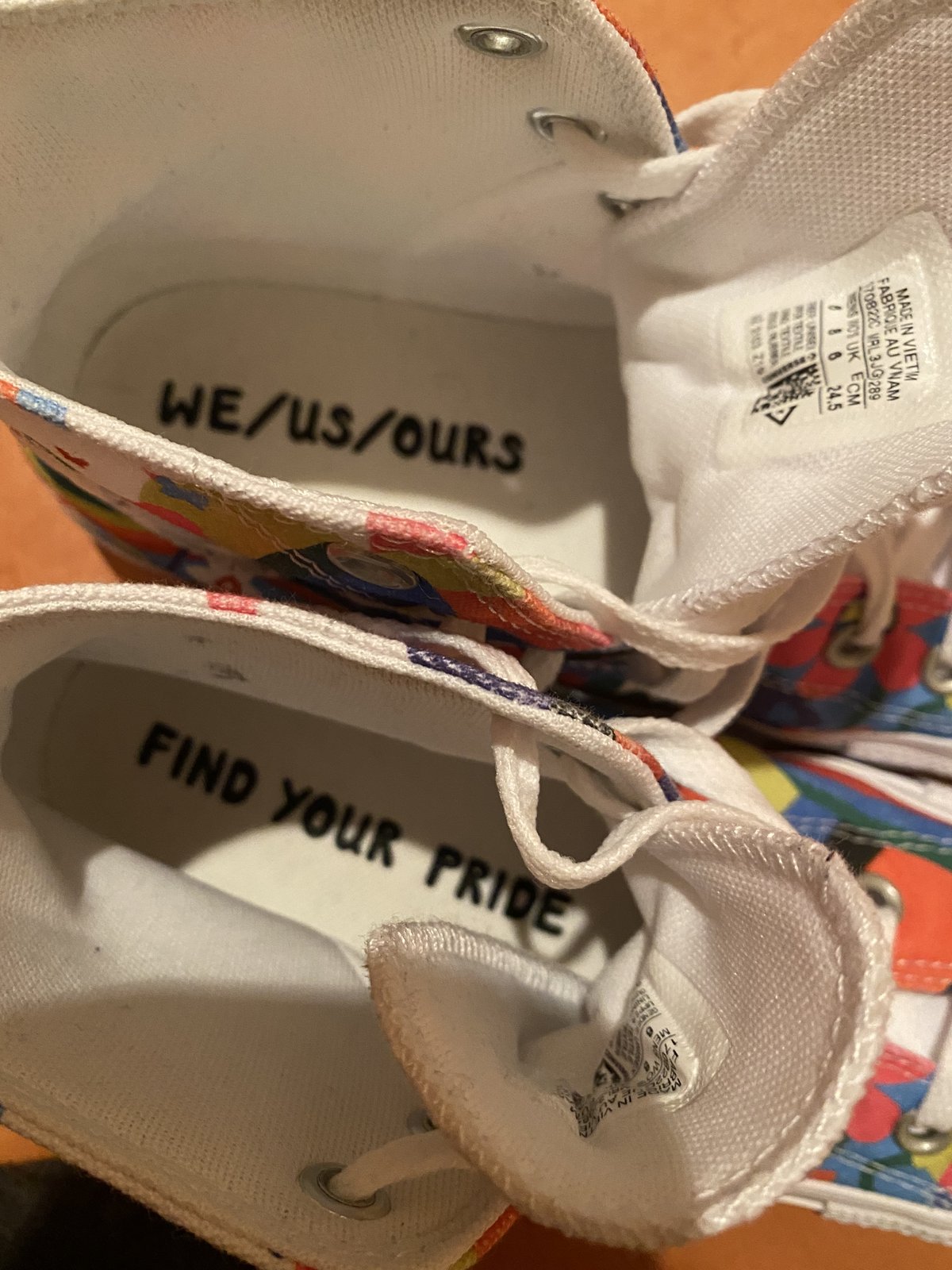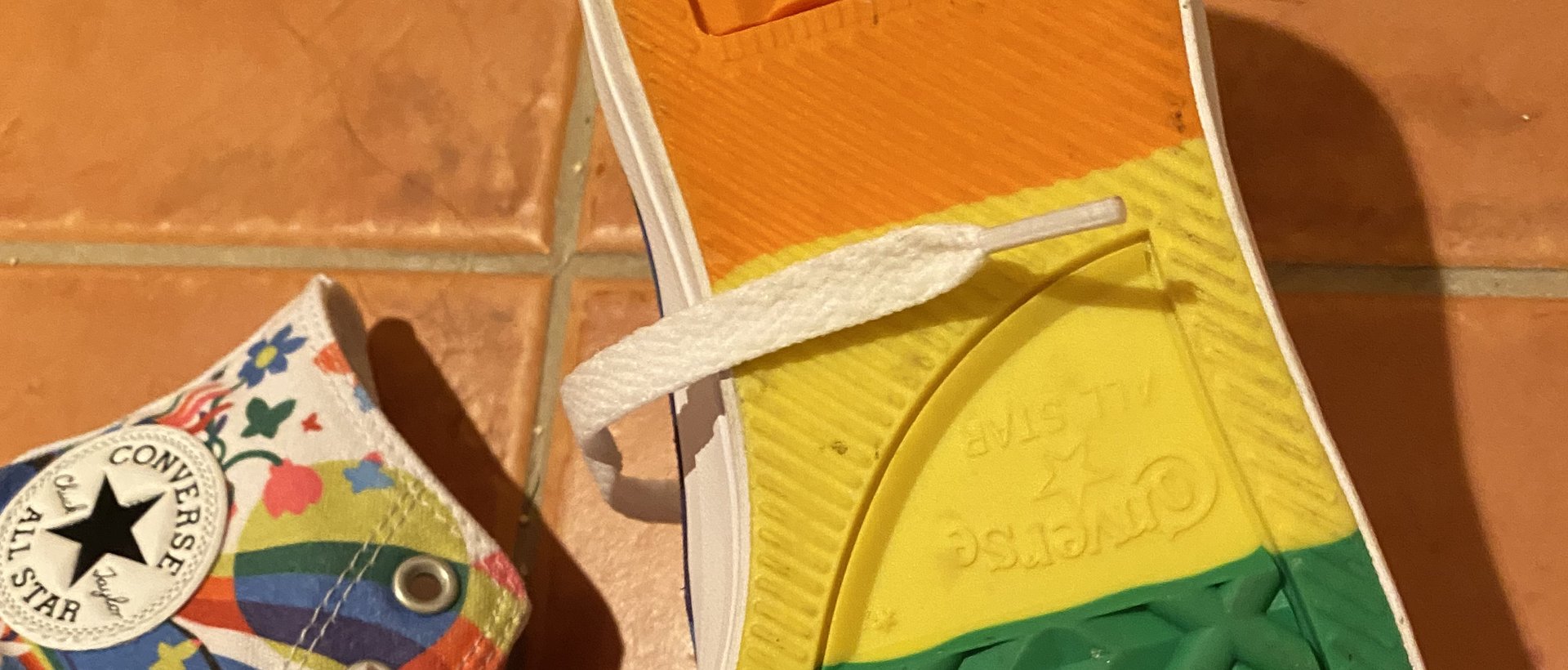26 May 2022
Column from The Mercury, Friday May 13, 2022
When you have children, you expect to have the experience of watching your little ones grow and change, reach milestones, endure puberty, emerge into their adult selves.
But something I didn’t really consider when I had my children was this: via a multitude of school assemblies, sports days, music performances, birthdays and play dates, I would also have the experience of observing other people’s kids grow, change, endure and emerge.
One way or another, our children’s peers tend to become part of our ‘village’. Some end up eating mac and cheese at our dinner tables, or in our cars while we ferry them to soccer training. Others, we care about from afar.
We are heartened when a kid we remember as a shy kindergartener finds their confidence through discovering they can run like the wind; we are moved when a kid who’s always been a bit awkward reveals themselves as a powerful singer.
We watch on as hair is grown long and cut short, allowed to drape over faces, coloured in alarming shades. We shake our heads as – in what is surely a down payment on mirth to be had in the photo-montages of 2042 – mullets make their unlikely comeback.
We observe other things, too. Kids we know decide the names they were given at birth are not the ones they want to take into adulthood; kids we know make a change from the gender they were assigned at birth; kids we know declare a non-binary gender identity suits them best.
What I see in my village is some brave, beautiful kids just trying to become their most genuine selves, a bunch of parents doing their best to support their young people, and some grandparents trying with good-natured frustration to remember to say ‘he’ where they once said ‘she’, for example, or ‘they’ where they once said ‘he’.
The path these families are treading has been carved out, often painfully, by non-binary and transgender pioneers. Perhaps it’s not, now, as tough as it once was, but it’s still difficult, not least because the world is sometimes a deeply unfriendly place.
It only gets worse when an election is called and when transgender identity is treated as a convenient political football. During this Federal election campaign, Liberal candidate Katherine Deves made the spotlight over transphobic comments, but she’s not been alone.
Probably, Deves genuinely believes she is protecting someone or something by taking a stance on trans women in sport. It’s hard to know if she can hear how unworried grassroots sporting organisations are about this issue, or whether she understands her statements have been music to the ears of those with a much bigger and nastier agenda than her own.
There are in this country ultraconservatives who want to live in a world where there are only two genders and where those genders always correspond to the straightforwardly male or female bodies so reliably birthed in the maternity wards of their ideology. Even while they wring their hands about ‘cancel culture’ (a complex issue – perhaps I’ll try to say more on this another in another column), they would very much like to cancel the progressive gains of recent decades, such as good anti-discrimination legislation and marriage equality. Ideally, they would like to cancel any identities not fitting their picture of the world, which makes reading their websites a chilling experience.
Of course, the imagined male/female binary has never been the whole truth, even if social norms historically generated sufficient repression to make it look (mostly) that way. The truth is and always has been diversity. And diversity is colourful, beautiful – which is what I take the rainbow flag to mean.
In a society where diversity is widely accepted and celebrated, the gender-diverse children of my village – and yours – can grow and thrive. But when election campaigns become a stage for displays of ignorance and bigotry, these children get hurt. I am scared for those children when I contemplate the potential for a re-run of the debate over Scott Morrison’s so-called ‘religious freedoms’ bill.

LaTrobe University’s Writing Themselves In 4 study (2021), which surveyed young LGBTQA+ Australians aged between 14 and 21, found rates of suicidal ideation, making a suicide plan, and attempting suicide were higher among participants who were trans women, trans men or non-binary, compared with cisgendered participants (ie. those whose sense of gender corresponds to their birth sex). It found 37.9% of trans and gender diverse participants had attempted suicide at some point in their lives.
Stop reading for a moment and let it sink in. Translate the statistic into real people’s lives. Get related to the consequences of people not being accepted, included, fairly treated, valued.
In my village, the parents of trans kids are desperate to keep them safe. They worry their own unconditional love and acceptance won’t be enough, especially while political candidates, lobby groups and religious organisations continue to publicly foment prejudice.
They also know that closets offer no protection. As they help their kids navigate the process of coming out, these parents find it unhelpful when other people, often well-meaning, ask if the profound experience their family is going through is, perhaps, ‘just a phase’.
What we need here is a greater level of understanding, and this is most likely to come from conversation, engagement and education.
How might that happen? Just one good idea already in practice is ‘The Human Library’. A movement that started in Denmark, its goal is to address prejudice by giving ‘readers’ the opportunity to hear stories from human ‘books’: people who’ve experienced discrimination because of their race, religion, sexuality, gender identity, diagnosis, disability or lifestyle.
In Tasmania, the community organisation A Fairer World houses our Hobart Human Library, giving participants – most often from schools and workplaces – the chance to expand their understanding and empathy through direct conversation with local human ‘books’.
Those of us in favour of celebrating diversity, those of us who can see the harm done by prejudice, can help by calmly (but not necessarily quietly) and kindly (but resolutely) speaking our truth.
When we express what we see in our villages, when we tell what we know and believe as a result of our experiences, we may not reach those most deeply entrenched in their positions, but we may reach others – those who haven’t yet thought much about these issues, or who haven’t had the opportunity to learn from the human ‘books’ we’ve been privileged to read, or watch the journeys of our village’s children.
There’s just over a week left to run in this election campaign. Be kind, people.
POSTSCRIPT: The Australian Federal election held May 21, 2022 delivered a stunning repudiation of Morrison-era politicking and a record-breaking result for the Greens, other minor parties and independents. Although incoming Prime Minister Anthony Albanese has not ruled out a return of the Religious Discrimination Bill, neither has he signalled it as a priority.
